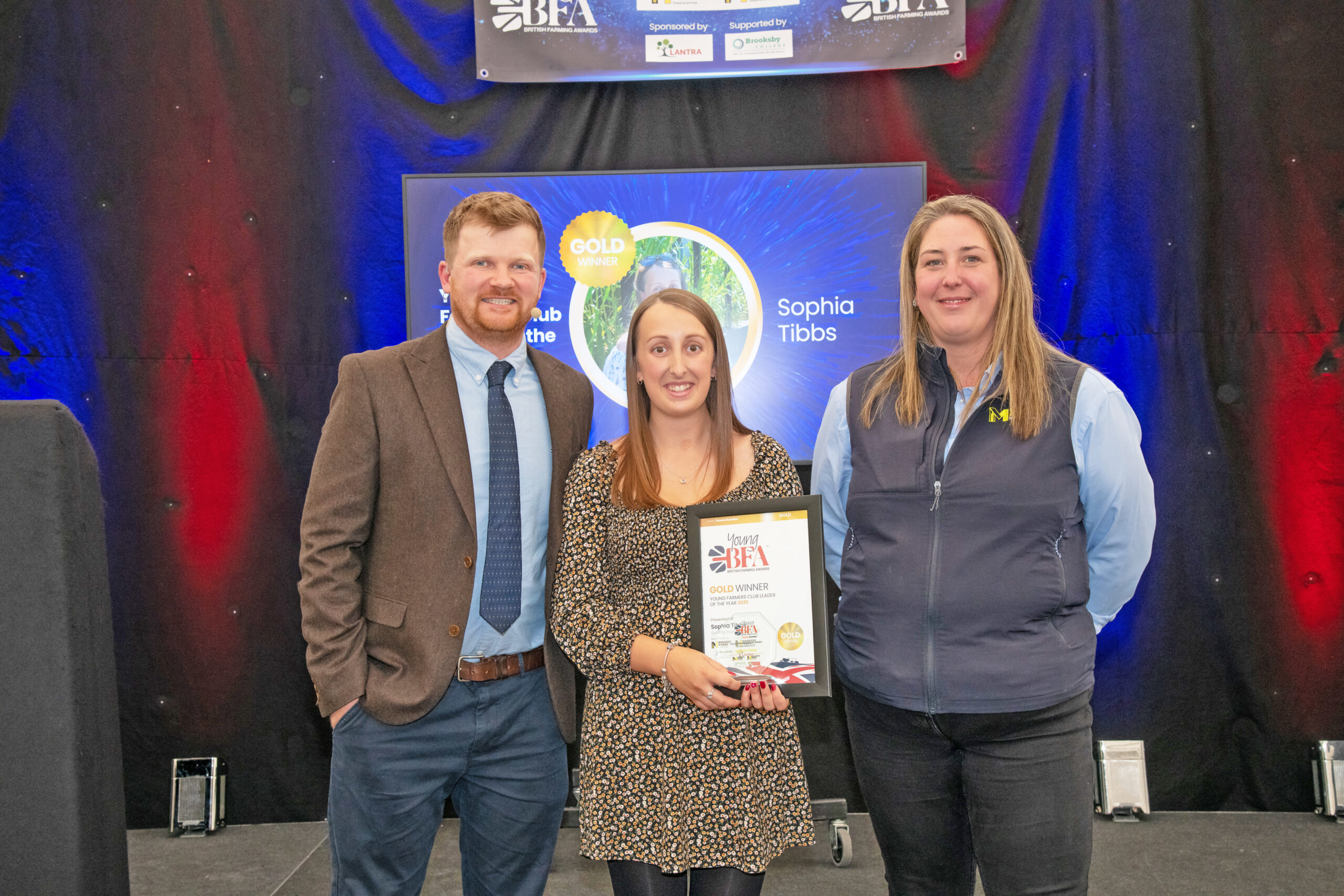Everyone has heard that puppies need ‘socialisation’ but what does this mean and what do we need to do?
Think of it as socialisation and habituation. Socialising teaches your puppy to recognise and properly interact with all sorts of different dogs and people. And habituation teaches your puppy to accept and be comfortable with all the strange sounds and experiences that it will have to live with in order to be a well adapted member of your family.
Puppies have a period of development between roughly six and 14 weeks when they are very open to learning about all sorts of new experiences.
After 14 weeks this ability to readily accept new things fades. As the pup gets older it will not learn new experiences so easily and may not grow up to be so well adjusted.
Six weeks is the ideal age to get your pup and bring it home, although all is not lost if it is a little older than this.
There is so much to think about with a new puppy and it is easy to put off socialising but time is limited.
Everything you do needs to be as systematic as possible in order to be successful.
All good trainers, behaviourists and puppy classes will provide you with a huge tick lists of things to expose your pup to.
These lists include things like lots of different types of people, old, children, babies, men, women, people in coats, with glasses, beards etc etc. And remember, in order to learn, your pup needs exposure to all these things several times, once is not enough.
Get your pup used to being handled and groomed.
Get your pup used to all the sounds of the house, hoovers, washing machines etc.
If your pup is worried reassure it, give it a treat but keep giving it the chance to hear these things frequently.
Many people already have a dog and think that living with another dog is enough to socialise your puppy.
All this will do is teach your pup to live with your other dog.
Your puppy needs to meet lots of other dogs of different sizes, looks and colour and to meet them in lots of different places. This is best done at a good well organised puppy class where all interactions are monitored and controlled by an experienced, properly qualified person.
There is clearly a problem here between keeping your puppy protected until its vaccination course is completed and getting your pup out into the big wide world as much as possible before the 14-week window closes.
There is much you can do whilst still keeping your pup safe, car journeys, carrying your pup out and about, inviting people to the house, meeting children, cats, hearing all sorts of noises etc etc.
But the biggy is socialising with other dogs early enough to make a difference.
Discuss with your vet the risks involved and ask about a vaccination programme that will be as helpful as possible to enable your pup to start mixing with other dogs as early as it can.
Mixing with vaccinated dogs and puppies in puppy classes, friends’ houses and gardens is safer than taking your pup to high-risk areas such as parks and streets where there will be loads of possibly unvaccinated dogs around.
There is potentially a trade off, health risks versus life skills but with careful management you can achieve both.






